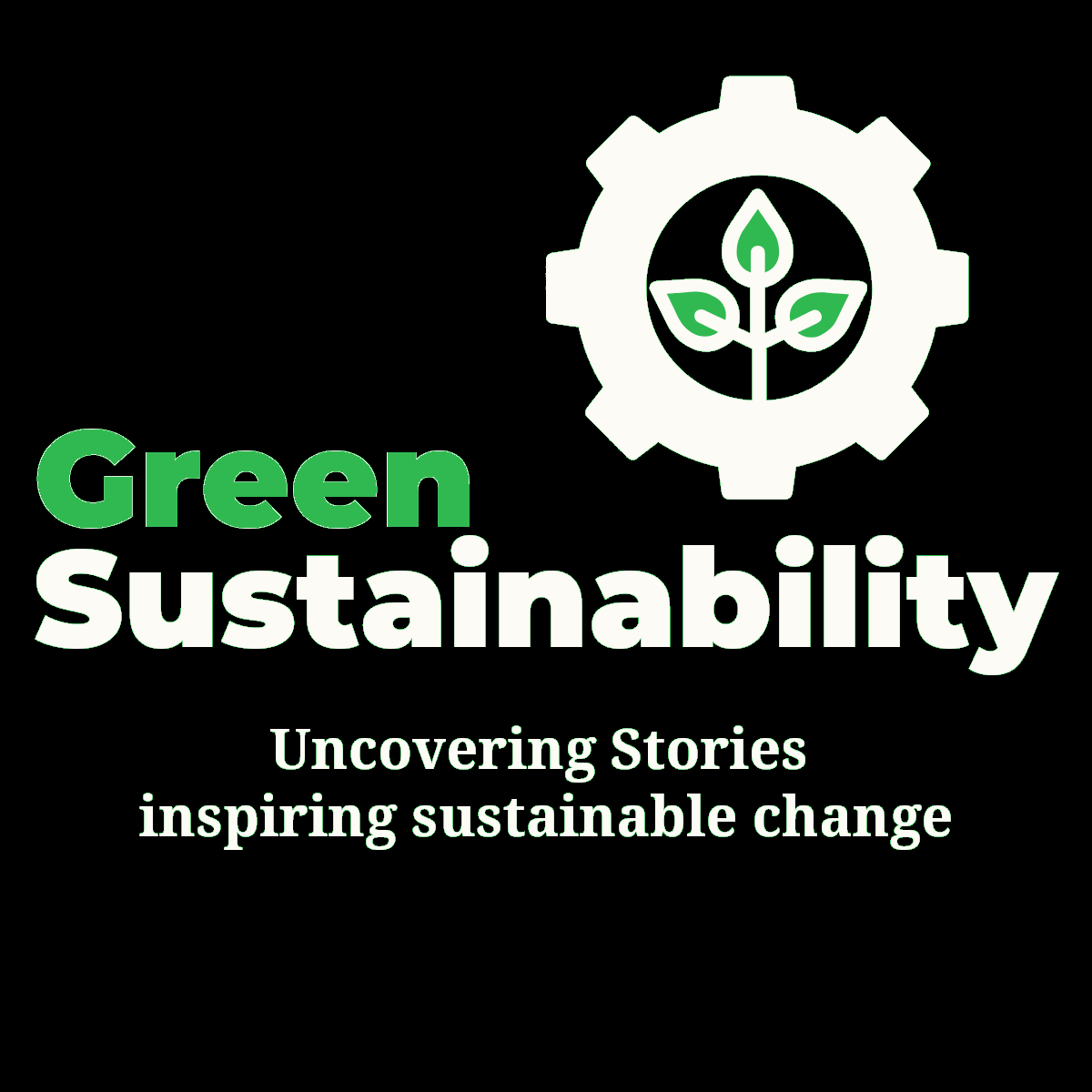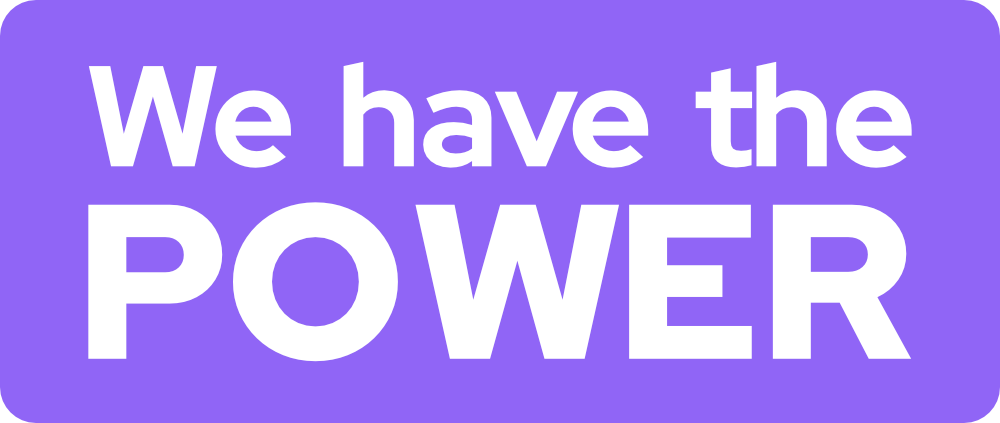

Seed saving is the process by which growers, from individuals with their own allotment, to school garden groups and smaller farms, collect and re-plant seeds that are open pollinated (OP) rather than coming from one of the large corporations. Seeds might be swapped between these groups either by gifting from friend to friend, or as part of a larger event such as ‘Seedy Sunday’ a seed swapping event that happens in Brighton each February. OP seeds are publicly owned, rather than being the private property of businesses. This idea of publicly owned seeds is known as Seed Sovereignty.
Campaigners who support publicly owned seed saving, such as Seed Cooperative, Vital Seeds and Irish Seed Savers, argue that this is good for biodiversity. According to the UN Food and Agricultural Organisation, we have lost 75% of genetic diversity in plants globally since the 1900s and, in the last century alone, 93% of the world’s unique seed varieties have disappeared. This has coincided with industrialised agricultural methods - farming on a huge scale. Those who wish to see a return to seed saving, claim that a return to traditional use of OP seeds will produce a more diverse range of plants better adapted to local soils and to future climate change.
Campaigners for Seed Sovereignty also believe that people who grow their own food from seed have more interest in where their food comes from and a better choice of the types of foods they grow and eat. They argue that food crops should belong to everyone, not just to a few rich companies. Helene Schulze, who co-directs London Freedom Seedbank and also works on the Seed Sovereignty Programme of the UK and Ireland says, “If you own the seeds you own the food system. I want all local communities or regions to have their own seed bank, so everyone knows exactly where to get free seed.”
The Open Source Seeds Initiative (OSSI) has begun to produce seeds for people to use along with a pledge printed on their packaging. This states that the seeds are ‘open source’. They can be saved, shared and used to breed new varieties as long as the grower promises never to license or patent them in a way that restricts others from using them. This initiative means that big firms will never use these seeds as they would not be able to profit from them.
Our Supporters



.png)




















.png)





















